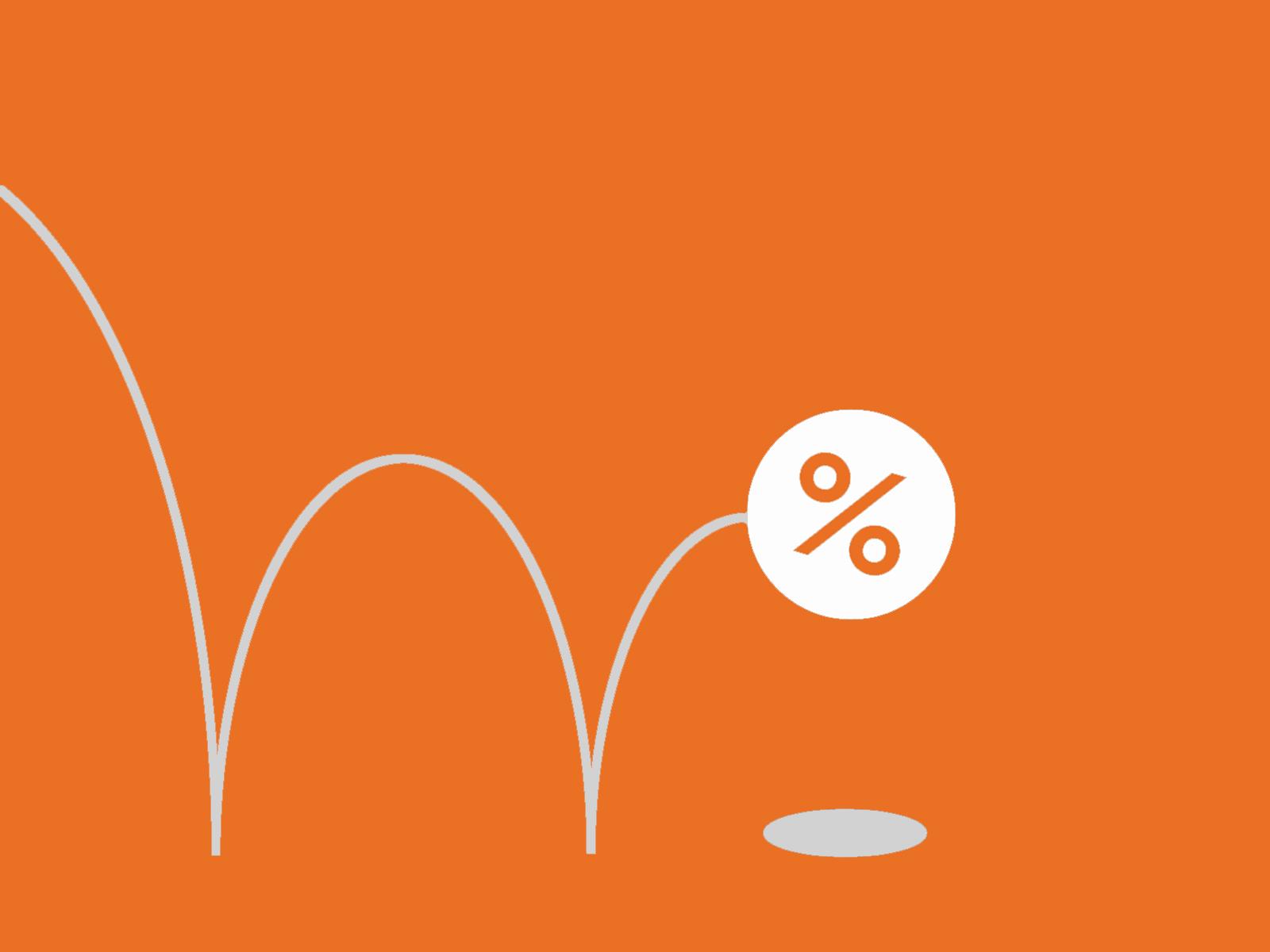You missed a mortgage payment. Now what?
There's a lot of fear around missing a mortgage payment. In Canada, missing a month's mortgage payment may not be as catastrophic as you'd think, although it does have implications.
Missed payment policies of each lender may vary, but here's what can happen.
What happens when you miss a mortgage payment?
While one missed mortgage payment is not catastrophic, it does have consequences.
Quite often, if you miss a mortgage payment, your bank or mortgage lender will either call or send a letter by regular post. This initial contact serves as a reminder that you're contractually obligated to pay back the loan and helps to notify you that your last payment was not processed.
Don't ignore this call or letter.
This is when you'll need to speak to your lender. They may temporarily hold your automatic withdrawal, or may want to do a catch-up payment from the bank account currently on file. The lender may simply try to take the payment again later, or may plan to take a "double payment" for your next payment.
However, if you ignore the situation, the impact can snowball quickly into a big problem. You'll probably start to see registered letters in the mail with escalating warnings about foreclosure.
Keep in mind that some lenders will add a fee for late payments, and this would typically be stated in your mortgage contract.
What happens after multiple missed payments?
The initial response from your lender will be to report you to the credit reporting agencies (TransUnion and Equifax) that track individual credit scores. This flag against you might cause your credit score to drop. Depending on how low the score drops, you could face a tougher time getting a loan or unable to get the lowest mortgage interest rate, forcing you to pay more for the loan.
The lender won't stop at reporting your payment delinquency. Collection teams would probably get involved, and the lender may proceed to the legal process of foreclosing on the home if there's no resolution.
If that happens, a judge will hear arguments that you breached the mortgage contract. The lender will argue that because of the breach (and your subsequent refusal to take action to rectify the breach), the lender should be allowed to take possession of the underlying asset — your home — to sell and recoup their losses. This is known as a foreclosure (or power of sale depending on the province).
What to do if you miss a mortgage payment
1. Contact your lender immediately
If you suspect you may miss a future payment, contact your lender immediately.
Some lenders can offer a skip-a-payment option — where you can miss or defer one or more payments without penalty. Other lenders may have a "hardship" program that can help clients get back on their feet.
2. Address potential future problems
If it appears you may end up unable to pay your mortgage consistently within the next little while — say due to job loss or other financial hardship — contact your lender immediately. Most lenders — and even the mortgage default insurance firms, such as Canada Mortgage and Housing Corporation, Genworth and Canada Guaranty — offer initiatives to help homeowners who may be temporarily struggling to make mortgage payments.
3. Set it and forget it
Sometimes, missed mortgage payments are not due to financial problems, but simply because a homeowner was on vacation and forgot to make the payment. Avoid this by setting up a chequing account with automatic payments made every month to your lender. Be careful if you have a variable rate mortgage where the payment amount may fluctuate and be prepared for changes to your automatic payment.
Final thoughts
There's no need to panic if you miss a mortgage payment. By being proactive, communicating with your lender and putting a process in place that makes paying your mortgage easy and automatic, you can avoid knocks against your credit score and the misery of debt collectors, potential bankruptcy and foreclosure.
Also, if you're in a situation where you can no longer afford your payments, consider selling and downsizing for now until you get back on your feet.


